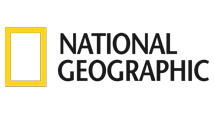Trashy Bags! Recycling plastic in Ghana
Project & Pod News / 14 August 2018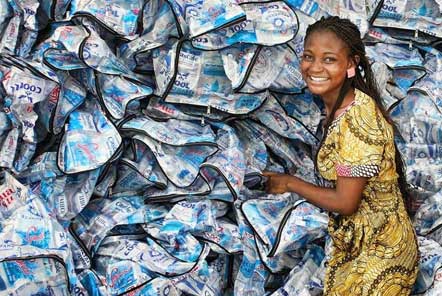
Our project in Ghana recently launched an initiative, working in partnership with the Accra based organisation ‘Trashy bags’. Volunteer Manager in Ghana, Aikins is spearheading this enterprise and tells us more about it!
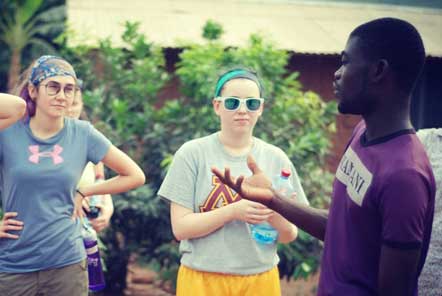
“In Ghana, 270 tonnes of plastic is produced daily, or 22,000 tonnes yearly. In the last 10 years, there has been a 70% increase of plastic production, and only 2% of this is then later recycled. A huge 98% is not recycled.
Our project is taking a role model position in trying to change this and we have launched a plastic recycling scheme to help improve the disposal of plastic in the communities we work in and increase awareness around the environmental issues surrounding plastics.
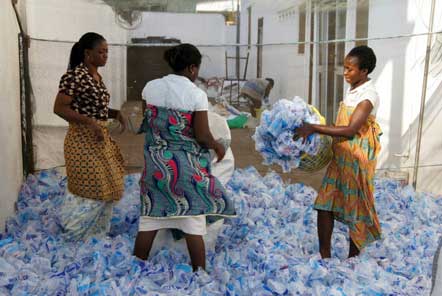
Through a partnership with ‘Trashy Bags’, we have already recycled 3000 of the plastic bags that hold purified drinking water in the space of a few weeks. In exchange for taking these to be recycled, Trashy Bags give us some of the products they make out of them to sell to volunteers. You can see a photo of the bags we get from Accra, that are created from the stitched water bags.
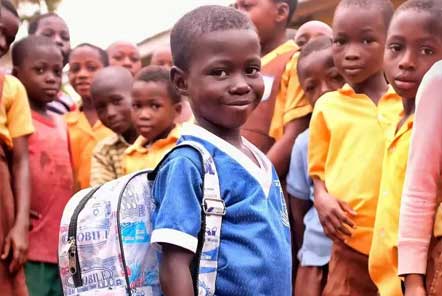
Not only do volunteers like this, strengthening the continued partnership, but by extending it I hope to get some school bags for kids so I can distribute them in other villages to kids in need of bags. There is a good chance that this will spread environmental awareness even more and many children will be motivated to keep Ghana clean.
For the village and for Ghana, the effects of a cleaner environment are obvious. In addition to the cleaner look, farms and animals would profit as well since the quality of plants and soil will increase. Digesting plastic waste is also an issue for animals. Since lots of goats, cows and chickens roam around this should have an even greater impact in rural areas such as here.
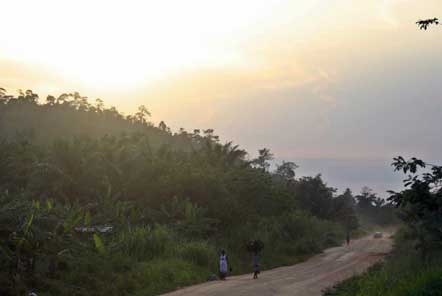
For the next step, we’re collecting plastic water bottles. These are traded for big buckets which are used to fetch water at the project building sites if there is no close by source of water available. The trader then sells the plastic bottles to a recycling plant.
Recycling plastic waste will have a big impact on the environment. In times where sustainability matters grow more and more in importance, I believe every NGO should follow this trend.”
To find out more about our community placements in Ghana, have a look here: podvolunteer.org/destination/ghana






